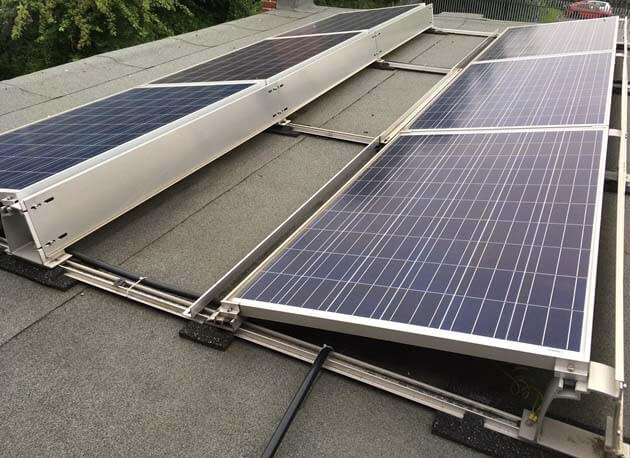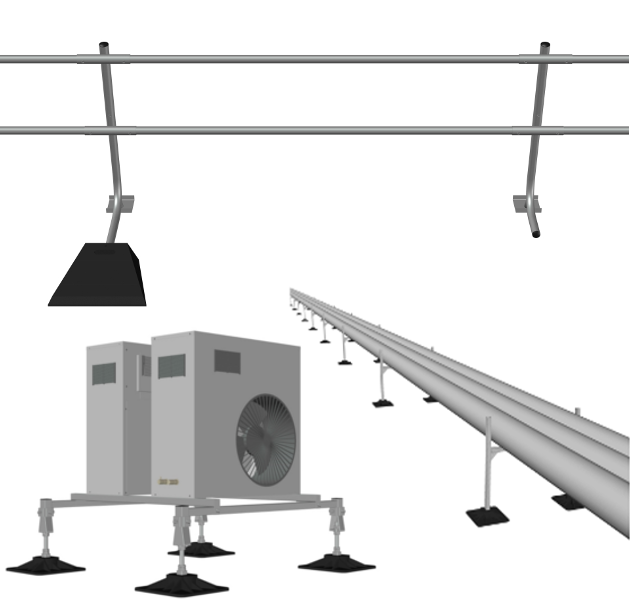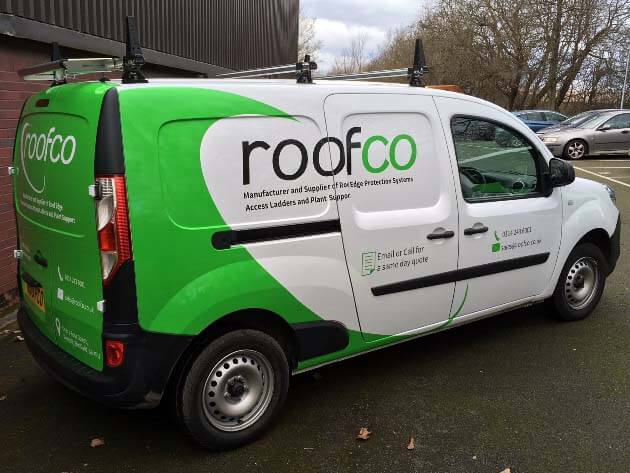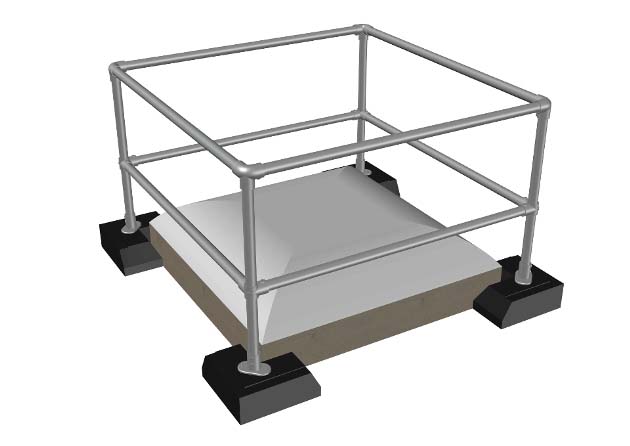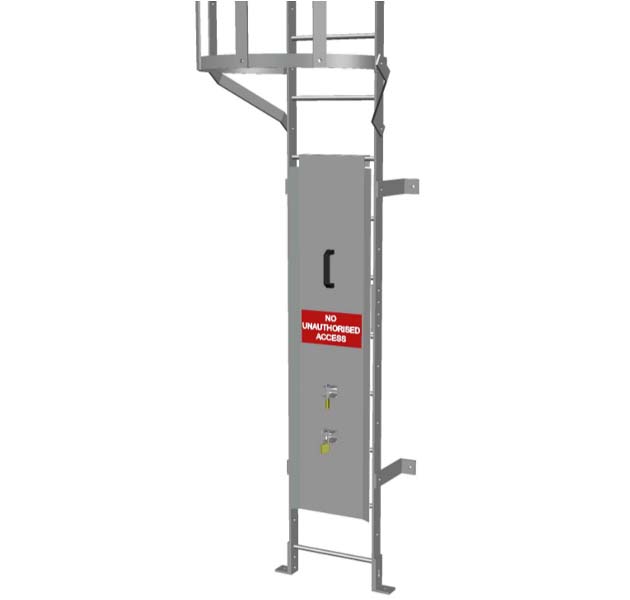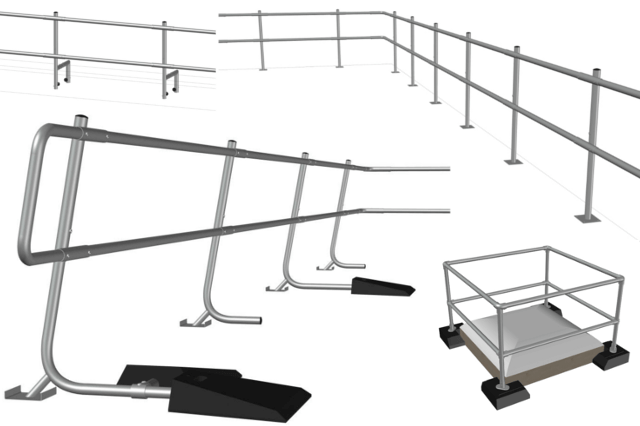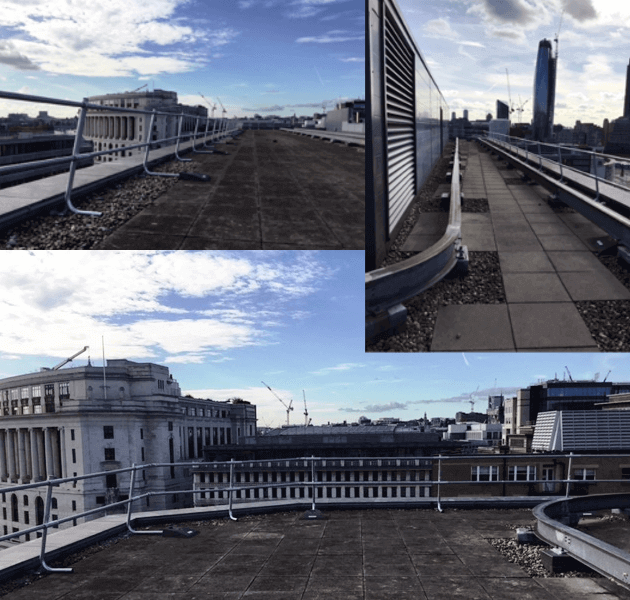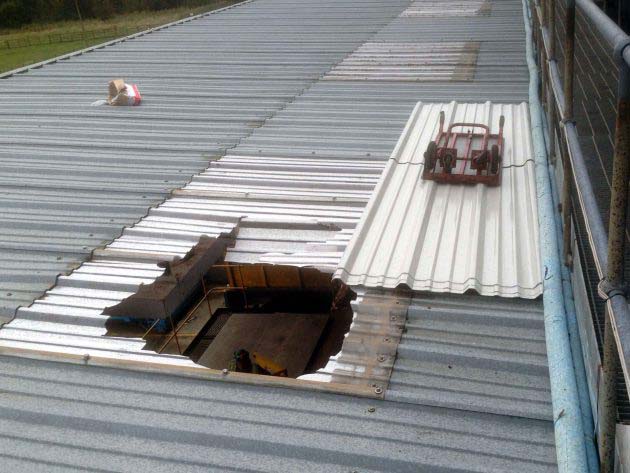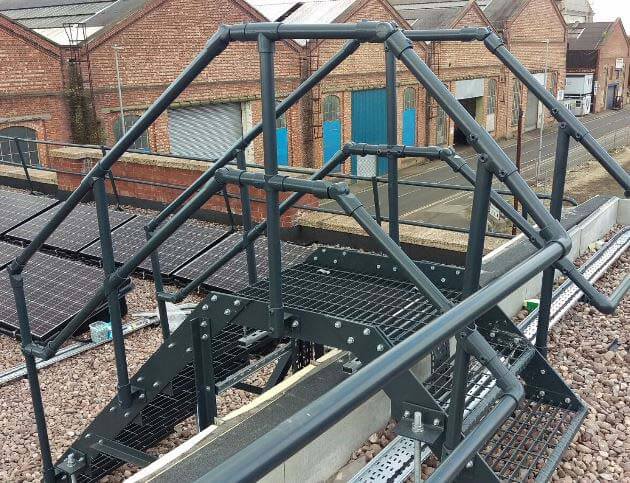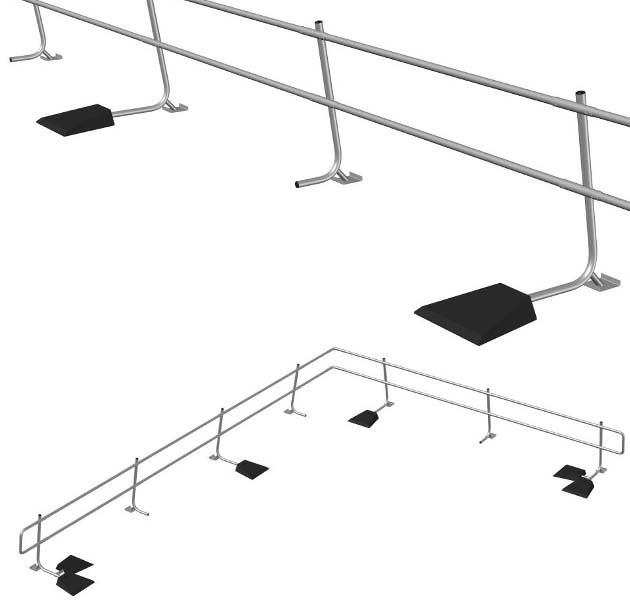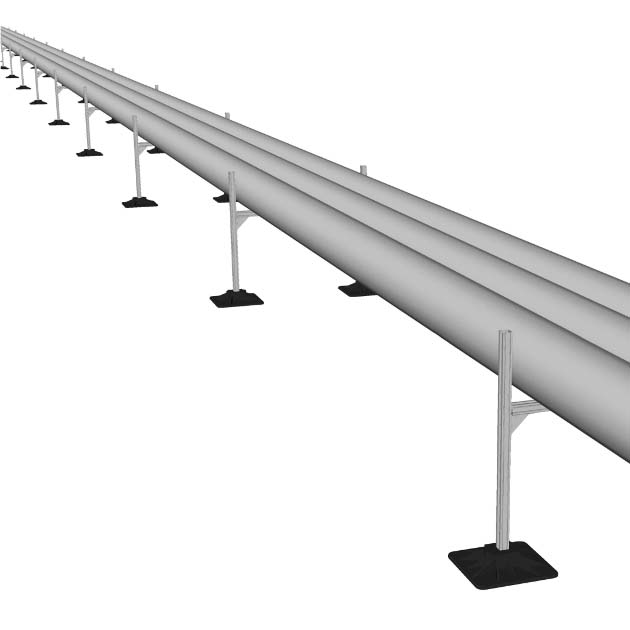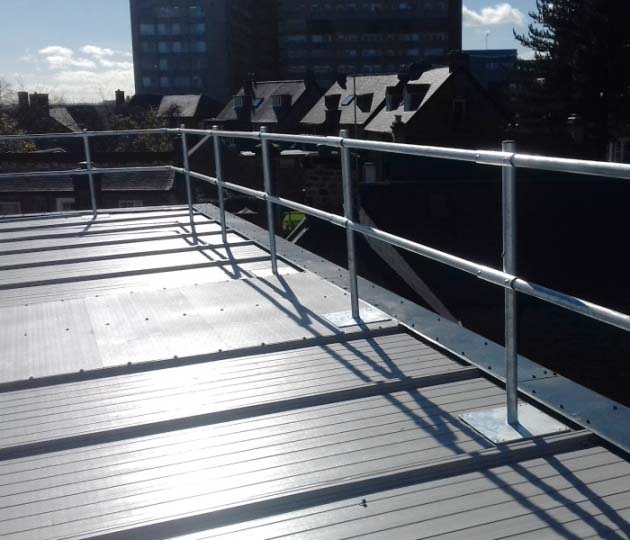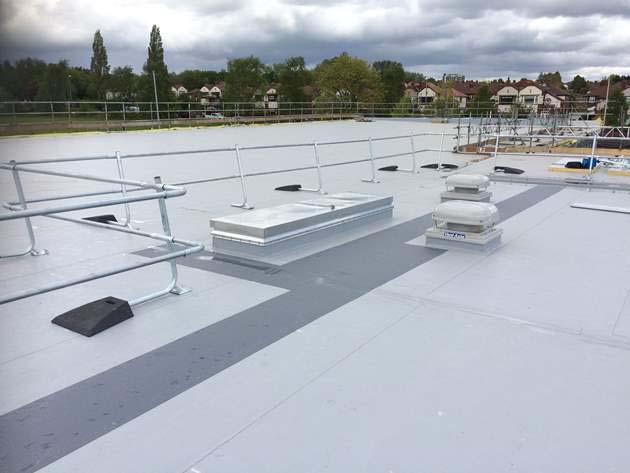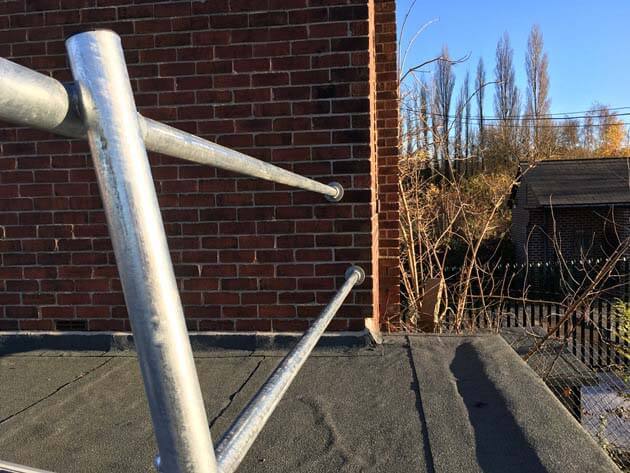When you employ an external contractor to maintain plant on your roof, or to ensure your roof is safely maintained, there are some questions you need to ask them before signing a contract.
Keeping your roof clean, monitored, and regularly reviewed is important. Small problems can be spotted before they become large issues.
For example, a tear in a membrane may be fine in the summer but then in winter allows water into the roof which then freezes. The expansion of the water as ice forms could cause further damage. A quick roof inspection that highlighted the tear would have prevented the problem for worsening.
There are so many questions to ask your roofing contractor it can be easy to miss something. That’s why we’ve come up with the top ten questions you need to ask!
In this first blog we will cover questions 1 to 5.
- Do you have any client testimonials?
Before you consider employing a roofing contractor it’s important to be able to speak to existing customers. If a contractor is unwilling to provide referrals that you can speak to yourself, find a different company to work with.
This is because you need genuine customer recommendations to show the quality, reliability, and trustworthiness of the company. You may be provided with a printed sheet of testimonials, but unless you are able to contact at least two customers in person for a real referral, look for another company!
- Can I see your insurance certificate?
It’s important to make sure that your contractor has the right level of insurance cover before they start any work on your roof.
Make sure they are covered for their own employee liability, for any damage caused to your premises by their work, and also for public liability. Ask to see the original certificate too, as copies can easily be altered.
- Do you use subcontractors?
A company that uses subcontractors is a risk. This is because you can’t guarantee the same quality of service as other customers may have received. A good roofing contractor will use the same employees to carry out each job.
The problem with subcontractors is that you can’t guarantee the training they’ve had. New subcontractors might not be up to the company’s current safety standards, or operating practices, and this will affect your liability as a business as well as the potential lower quality of work carried out.
A regular subcontractor agreement differs, however: some roofing companies have longstanding agreements with freelance contractors. If they can prove to you that the same freelance subcontractors have been employed by them on a regular and long-term basis, this is an acceptable form of practice.
- What are your standard service levels agreed upon?
Make sure that you agree in writing what you and your roofing contractor will expect from the contract. Define the exact work to be carried out, in detail, to avoid any confusion later on down the line.
This includes timescales: what will happen if work is delayed for external reasons? What will happen if the work is delayed by the roofing contractor?
It’s important to make sure you have this type of agreement in writing, to avoid litigation or construction stalemate.
- What are your expectations of us as a customer?
A contract is a two-way thing. There are some things that your roofing contractor will expect from you, too.
For example, they may need access outside of normal operating hours. How will this happen? They will also need to be able to park their vehicles in a secure and safe place. Where is that?
You should make sure your responsibilities are outlined in writing. For example, you can agree to have a perimeter roof safety rail installed so that your roof is always a safe working environment for your contractors when they need to access it.
Keep your eyes peeled for part 2 which will cover questions 6 to 10 on what to ask your roofing contractor.












